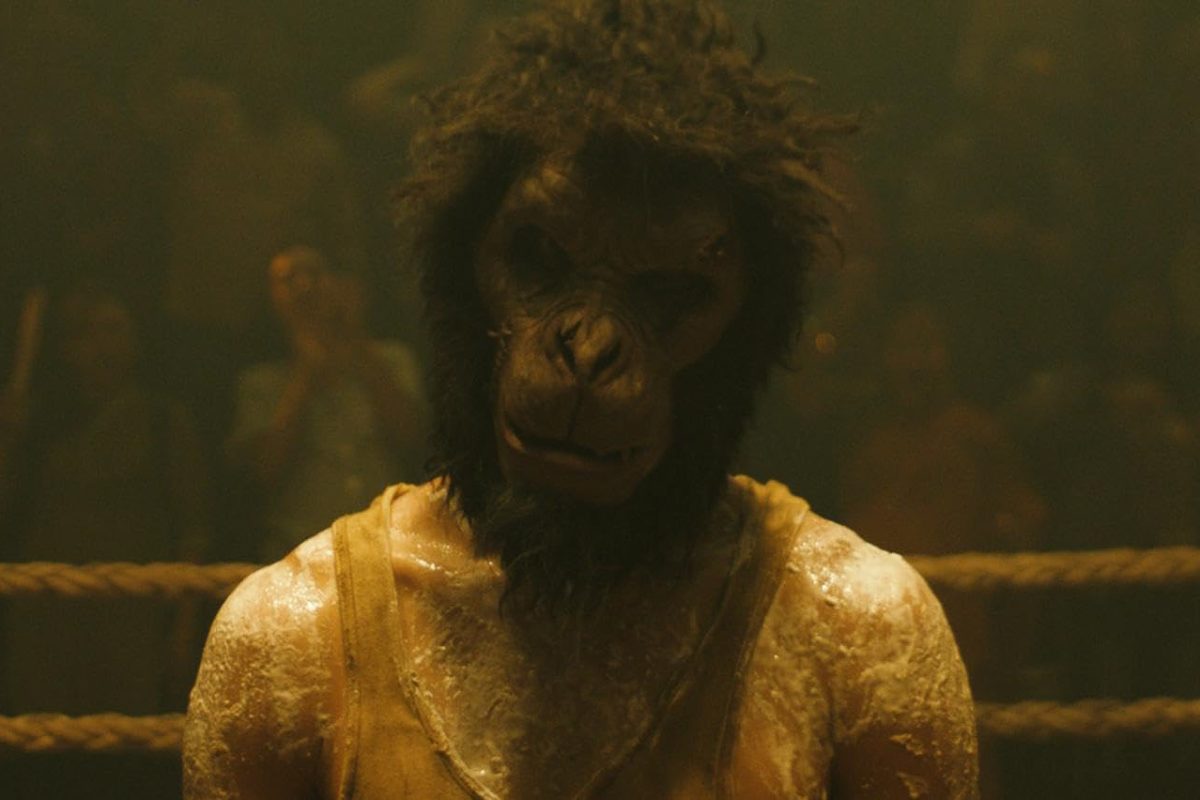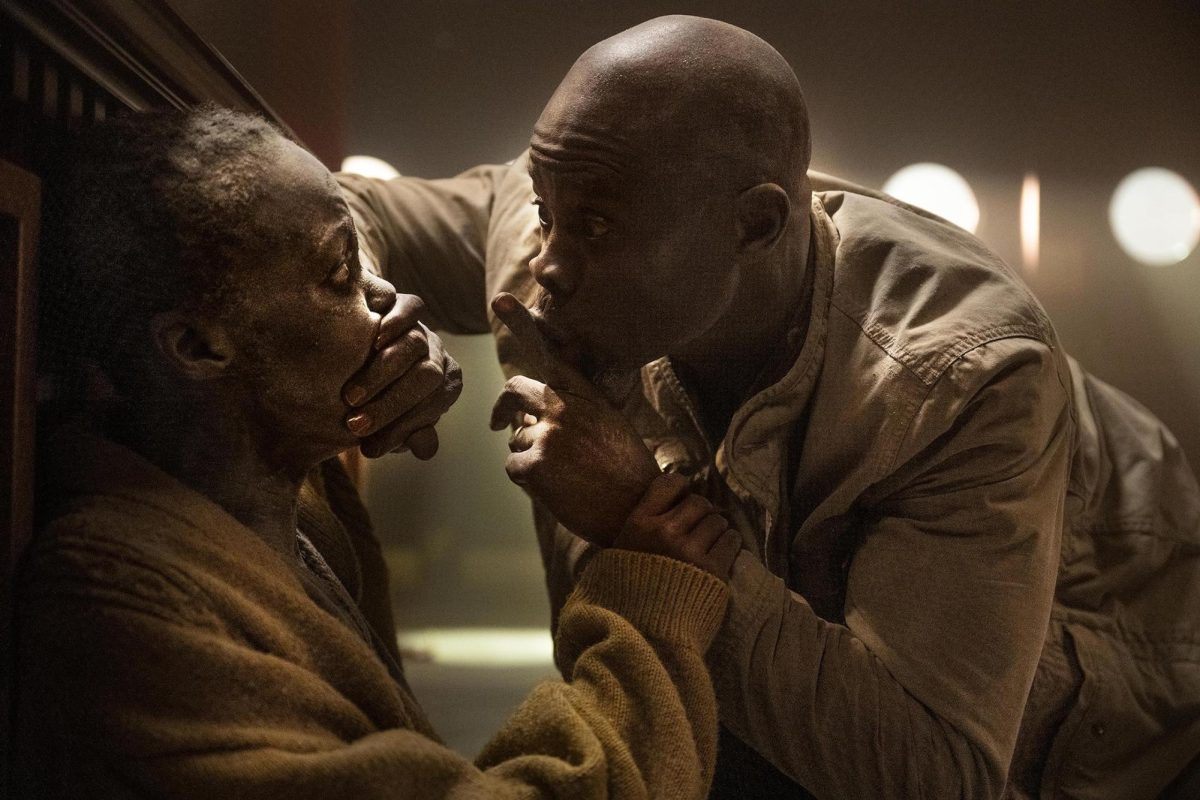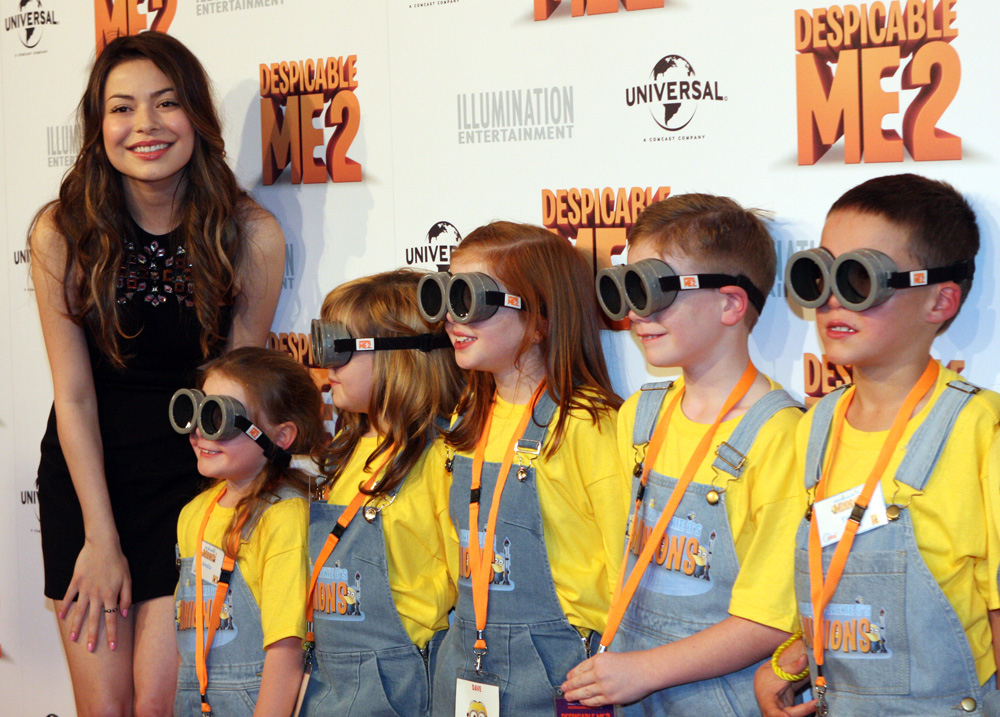Rating: 7.5/10
Perhaps the best thing about “Monkey Man,” Dev Patel’s directorial debut, is its confidence. Patel imbues so much passion into every frame, it is genuinely impressive to see what he created.
Yet, this ambition also channels into the film’s greatest weaknesses. While it is undeniably impressive, “Monkey Man” feels conflicted between its high sensory execution and reliance on overused story structures.
The film follows Bobby (Dev Patel), a monkey-mask-donning street fighter who enacts a plan of vengeance against the members of Mumbai’s illicit elite who were responsible for destroying his village and killing his mother.
Get The Daily Illini in your inbox!
To that end, the film follows a tale of revenge that, while not necessarily boring, lacks a certain novelty. Many beats feel transposed right out of the “John Wick” playbook.
Yet the film’s rhythm is far from cliché. Patel imbues the movie with a frenetic energy. Scenes are shot almost entirely hand-held, with Patel seeking to underscore the drama by emphasizing sound and image.
This often results in scenes intercut by brief flashbacks or strong punctuations of sound or motion. Shots swing between the action at hand and striking camera angles that lead to surprisingly abstract compositions.
As the film quiets down and enters a more reflective state in the second act, “Monkey Man” can feel stagnant. When Patel wants the audience to settle in and resonate as Bobby rebuilds himself, the film’s editing fails to find an appropriate rhythm.
While these sequences contain some of the film’s best and most impactful ideas, Patel struggles to carry them the same way he effortlessly carries the action scenes.
At first thought, one might not think of Patel as an action star. Though the actor has starred in thrillers like “Hotel Mumbai” and “The Wedding Guest,” his most successful features tread the line between introspection and charm. Even in darker movies like “The Green Knight,” Patel conveys a kind of adolescence that only bolsters his appeal.
To see the actor-director throw himself so deeply into “Monkey Man” was a kind of shock, as it felt like a wholly new facet to his career. Though the setting and tone evoke classics like “Slumdog Millionaire,” Patel’s tapestry of gore, carnage, light and sound reveals a marked evolution for the star
Patel excels in the film. It’s a performance executed through physicality and movement. Patel conveys the inner turmoil of the character so well at every turn, allowing the audience to truly feel the depth at which the character seeks revenge.
With the action, Patel releases that turmoil into a manifestation of blood and violence. The action is largely composed of faux one-takes, though these sequences never feel overly choreographed as many of them often do. Evoking the rhythm of East and Southeast Asian action cinema, each fight pulsates and moves like a living organism, ebbing and flowing between slick and exciting brawls and punctuations of satisfying gore.
Though set in Mumbai, the movie’s influences extend far outside Bollywood. The film’s action feels far removed from the highly stylized and expressive action of South Indian cinema or the more technical action of Bollywood cinema. Nevertheless, the film exudes a sense of Indian heritage.
Appearing on the Kelly Clarkson show, Patel said that in directing the movie, he “tripled down” on his culture after growing up “ashamed.” That intent to show India, high to low, makes “Monkey Man” stand out as specifically belonging to a place, culture and society.
With the villains, Patel infuses the film with social commentary. Bobby’s targets, police inspector Rana Singh (Sikandar Kher) and Shakti Baba (Makarand Deshpande), are explicit symbols of political corruption. Moreover, both use religion and spiritualism to maintain an image of generosity.
Through these characters, Patel touches on the persecution of religious and geographic minorities in India as well as the way political institutions use religious language to exert power.
This portrayal has garnered some controversy, especially in its parallels with the current political and cultural climate inside India.
The film was originally going to be distributed by Netflix, yet they silently dropped the picture. It was then sold to Universal through a deal guided by Jordan Peele and his Monkeypaw production company. It’s unclear why Netflix ultimately dropped the film, either in post-production or with content related to the film’s stance against Hindu nationalism.
Netflix has been the center of attention lately due to the company’s treatment of Indian films with potentially sensitive subject matter. After announcing that they plan to stream censored versions of Indian films globally, the streamer pulled the Tamil film ‘‘Annapoorani” after complaints from Hindu groups claiming the film hurt Hindu sentiments.
“Monkey Man” is blunt in its dehumanization of its villains. Singh and Shakti Baba are both caricatures of evil men of ill intent, who callously use institutions and others for their personal and political gain.
The film is also blunt in its statement on religion where the villains of the film exploit religious sentiments to further their claim to power, Bobby offers a reflection on that claim, portraying religion as a form of personal and societal revolution.
Bobby assumes the monkey persona of the god Hanuman from Hindu scripture. The film’s introductory scene recounts a story in Hinduism where Hanuman leapt to the sun thinking it was a mango, only to be punished by the other gods.
The story serves as an allegory for the characters and the film at large. If Bobby is this symbol of Hanuman, the elite he is fighting against are the Gods who punish him. Patel makes this explicit through intercutting scenes with images from these painted renditions of these texts.
Moreover, the film’s structure references the Ramayana, a foundational Hindu text. The text recounts the story of Lord Ram and Sita, and the journey Lord Ram undergoes to save Sita after she is captured by the demon Ravan. Along the way, he teams up with Lord Hanuman who aids Lord Ram in his quest.
This is referenced explicitly, both in a scene that depicts a puppet play reenactment of the Ramayana in a flashback and by Shakti Baba who directly likens himself to the Lord Ravan. The film’s final act even takes place during Diwali, a celebration of when Lord Ram defeated Ravan.
Subtextually, Patel weaves his characters within the themes of the text. Sobhita Dhulipala plays Sita, a woman who is forced into sex work by the film’s villains. On top of the name, third-act events around Sita’s liberation echo Hanuman’s attempts to save Sita in the Ramayana to some extent.
Dhulipala has made a name for herself in Indian cinema, through projects like “The Night Manager,” “Made in Heaven,” and “Ponniyin Selvan.” With “Monkey Man,” she makes her Hollywood debut. While her few scenes are effective, she is not given enough to do. Though her character is part of the social tapestry Patel weaves, her agency feels more directly tied toward greater themes than they do about the character specifically.
If nothing else, “Monkey Man” marks an exciting jumping-off point for Patel in future directorial and acting pursuits. The film’s vibrant and frenetic energy carries signs of a cinematic voice that, if not wholly successful with this film, displays promise for exciting works down the road. Nevertheless, for audiences looking for satisfyingly executed and dynamic action, “Monkey Man” delivers.













